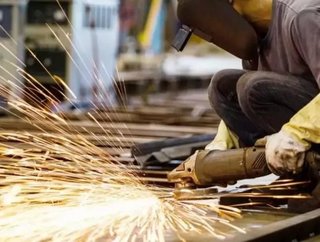UK steel crisis sends ripple effects through the British manufacturing industry

Industries do not exist in a vacuum. When one segment of an industry suffers, the effects can be felt far and wide in both the segments that supply them and the segments they feed into. According to a new report from UK source The Telegraph, Tata Steel announced this week that it is cutting 1,200 jobs at its Scunthorpe plant and Scottish mills, bringing total job losses in the UK steel sector up to 4,000 in just a few short months and ending Tata Steel’s production of steel plates in the UK altogether. This is a crushing blow to the British steel industry, and could have serious ramifications for its manufacturing industry as a whole.
RELATED CONTENT: [VIDEO] How Ore Becomes Steel with Salzgitter AG
According to the Telegraph report, 12,500 manufacturing companies in the British Midlands—many of them small businesses, and in total representing roughly 260,000 employees—are at least partially, if not completely dependent on high quality steel for production. A loss in UK-made steel stands to make the industry at large slower and less agile with regards to client needs, which could in turn put manufacturers at risk for losing contracts to other manufacturers:
RELATED CONTENT: Jaguar Land Rover, Ford, Oxbridge create UK Autodrive to test driverless cars in Britain
This problem could especially affect the UK’s automotive industry, where manufacturers like Jaguar or Rolls Royce are not be able to trade in current materials for inexpensive lower quality steel, and may soon have to outsource similar high quality steel that was once available domestically:
The report calls the UK’s steel crisis not only a crisis for the metals industry, but one that “goes to the very heart of the UK’s industrial manufacturing.” Indeed, if this pattern of closing continues among metal producers, it could be a precursor to trying times ahead for the manufacturing industry as it struggles to find new suppliers to carry on.
[SOURCE: Telegraph]






